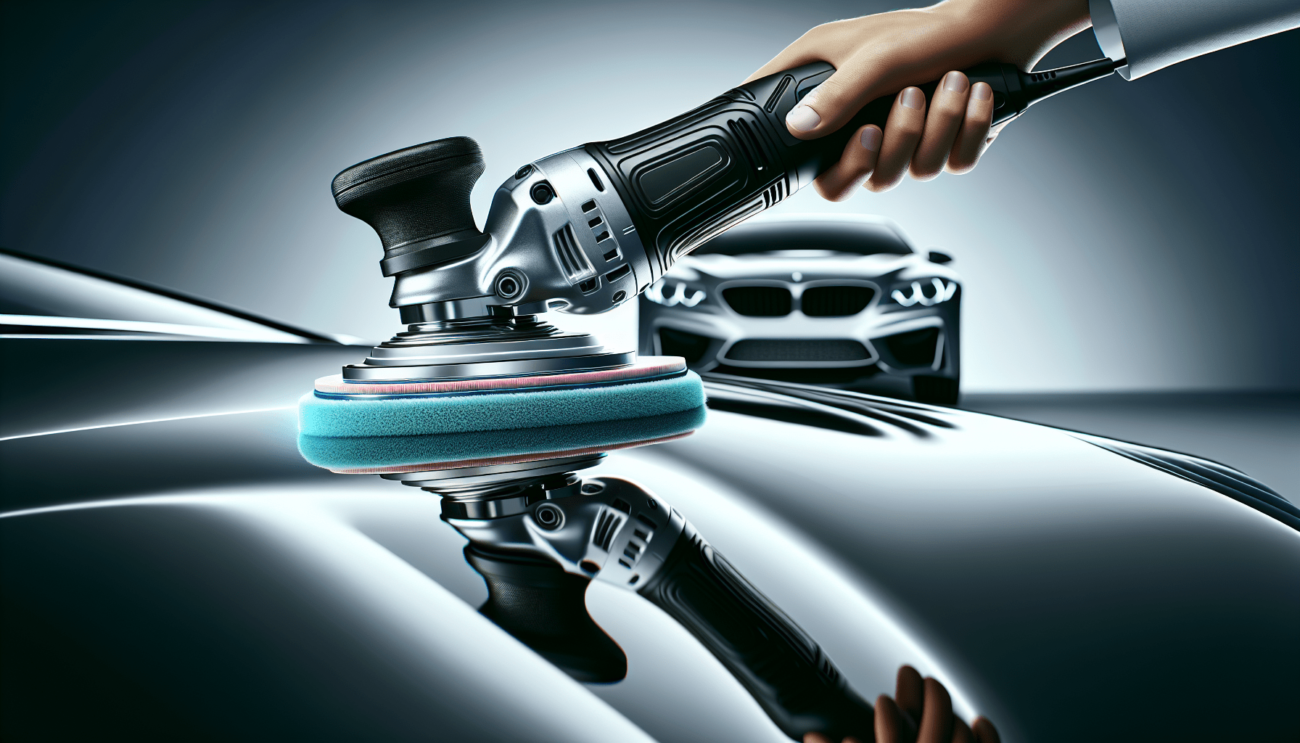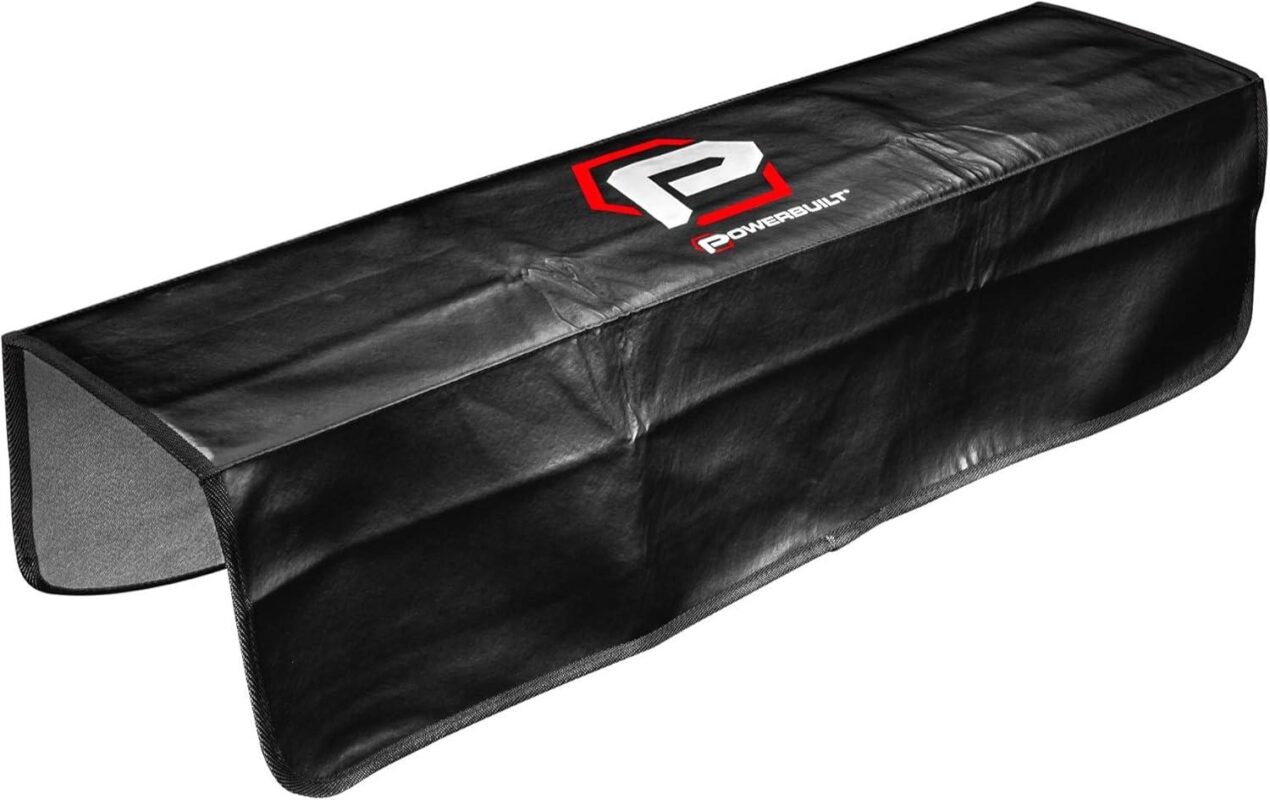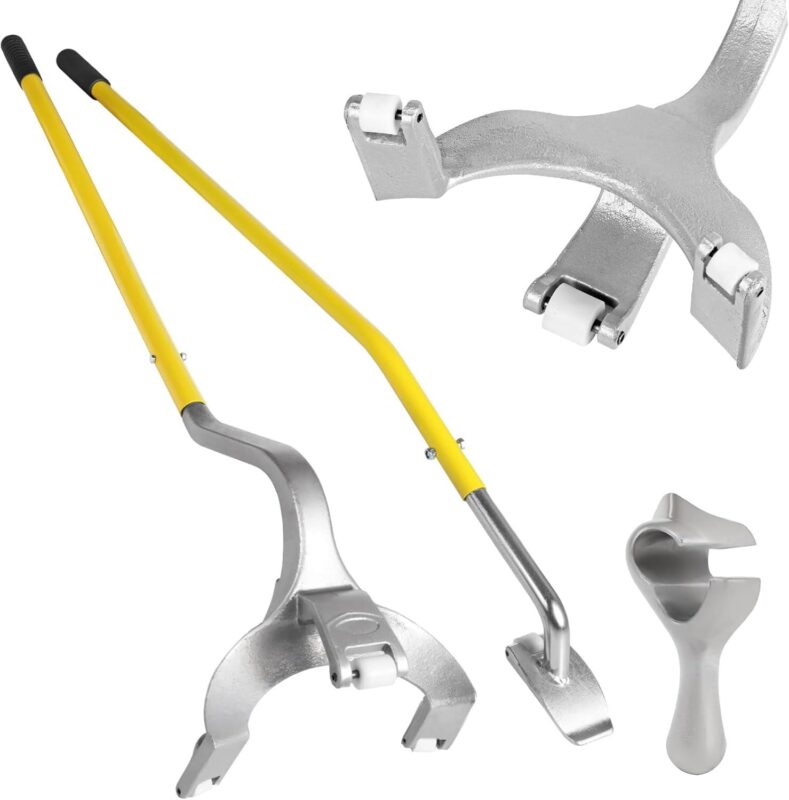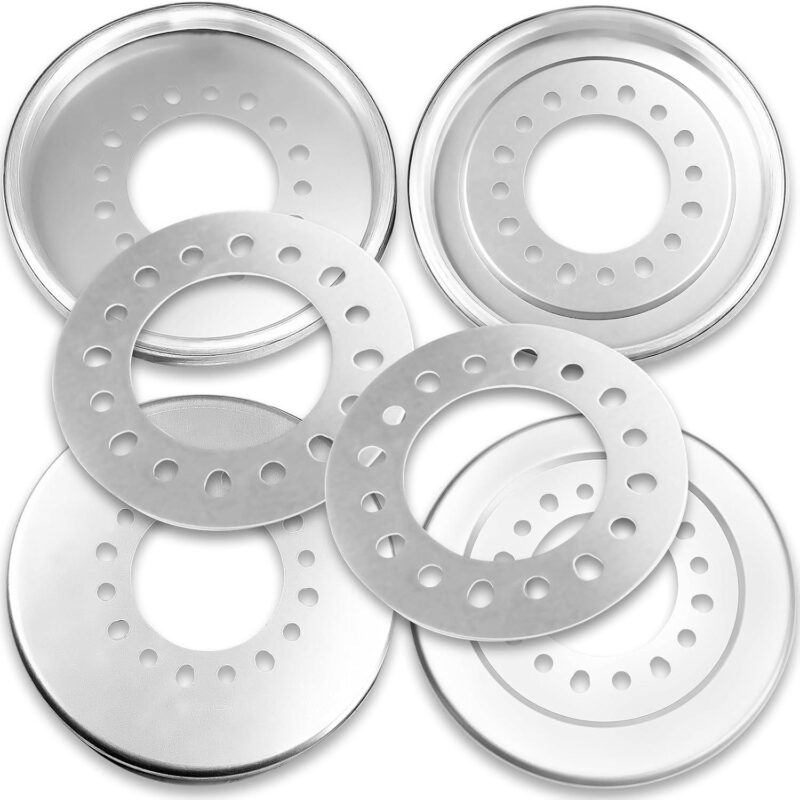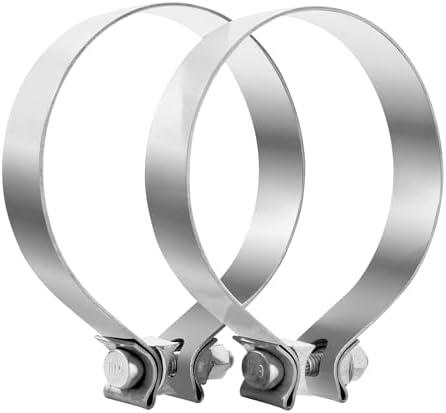In “Mastering Car Care: How to Use a Dual Action Polisher,” we dive into the essential steps and techniques for achieving a showroom shine on our vehicles. First, we’ll cover the basics of selecting the right polisher and pads, ensuring we have the necessary tools to start off strong. Next, we’ll guide ourselves through the meticulous process of preparing our car’s surface, from washing and claying to safely removing any contaminants. With our polishers in hand, we’ll explore the best practices for applying polish, addressing common trouble spots, and maintaining consistent pressure to avoid mishaps. By the end, we’ll have the confidence and knowledge to transform our car’s appearance, keeping it gleaming and protected for miles to come. Have you ever looked at your car and thought, “Is it even possible to make this vehicle look new again?” Maybe you’ve seen some swirl marks, scratches, or oxidation that just won’t go away no matter how much you wash or wax it. We’re here to tell you that it is possible, and the answer lies in mastering the use of a dual action polisher.

Understanding the Basics of Dual Action Polishers
What is a Dual Action Polisher?
A dual-action (DA) polisher is a versatile and user-friendly tool used for car detailing that helps remove imperfections like scratches, swirl marks, and oxidation. Unlike traditional rotary polishers that spin in a single direction, DA polishers oscillate, which makes them safer and easier to use for amateurs and professionals alike.
Why Choose a Dual Action Polisher?
Opting for a DA polisher over other types of polishers mainly boils down to two reasons: safety and effectiveness. Dual action polishers reduce the risk of burning the paint or creating new swirls on your car’s surface, making it ideal for beginners. Furthermore, they are effective at both polishing and waxing, making them a dual-purpose tool for car enthusiasts.
Prepping Your Car for Polishing
Initial Cleaning
Before we even think about turning on our dual action polisher, it’s crucial to start with a clean surface. Dirt and debris can cause scratches if they get caught in the polisher’s pads.
- Wash the Car: Use a high-quality car shampoo to wash your car thoroughly.
- Clay Bar Treatment: This step removes any embedded contaminants from the paint surface that washing might not pick up.
Inspecting the Paint Surface
Once your car is clean, it’s essential to inspect the paint for any deep scratches, oxidation, or swirls. This will help you identify the areas that need more attention, ensuring you focus your efforts where they’re most needed.
Choosing the Right Pads and Products
Types of Pads
Different pads serve different purposes when it comes to polishing:
| Pad Type | Purpose |
|---|---|
| Cutting Pads | Designed to remove heavy imperfections |
| Polishing Pads | Used for less severe imperfections and general polishing |
| Finishing Pads | Buff out the polish and apply wax or sealant |
Selecting the Polishing Compound
The choice of compound is just as important as the pad:
| Compound Type | Usage |
|---|---|
| Heavy Cut | For removing deep scratches and severe oxidation |
| Medium Cut | For moderate imperfections |
| Fine Polish | For light swirls and surface-level corrections |
| All-in-One | Combines multiple steps into one (cut, polish, wax) |
Step-by-Step Polishing Guide
Step 1: Setting Up Your Polisher
Before starting, make sure you’re in a well-ventilated area and have the necessary safety gear like gloves and eyewear. Attach the chosen pad to your dual action polisher. Apply a small amount of the chosen compound to the pad—usually 4-5 pea-sized dots.
Step 2: Priming the Pad
Priming the pad ensures even distribution of the compound. Dab the compound on the pad directly onto the area you plan to work on, spreading it over the surface without turning on the tool yet.
Step 3: Working the Compound
Once the pad is primed, set the polisher to a low-speed setting to spread the compound evenly over a 2×2 foot area. Gradually increase the speed as you work the compound into the surface using overlapping passes. We typically suggest working in a crosshatch pattern (horizontal and vertical passes) for the most effective results.
Step 4: Evaluating Your Work
After you’ve worked a section, wipe it down with a microfiber cloth and inspect the area. If imperfections persist, you may need to repeat the process or switch to a more aggressive pad and compound.
Step 5: Finishing Up
Once you’ve addressed all areas, switch to a finishing pad and a fine polish or an all-in-one product. This step brings out the shine and prepares the surface for waxing or sealing.

Tips for a Perfect Finish
Consistency is Key
Ensuring that the polisher maintains a constant speed and pressure will yield the best results. Inconsistent pressure can lead to uneven corrections and visible marks.
Keep the Pads Clean
Periodically cleaning or swapping out the pads can prevent them from becoming saturated with product or debris, which could potentially mar the surface.
Don’t Rush
Allow ample time for each section. Rushing through the process can lead to uneven results and potentially more harm than good.
Waxing and Sealing for Longevity
Once you’re satisfied with your polishing results, it’s time to protect your hard work. Applying a quality wax or sealant will seal in the shine and provide a protective barrier against environmental contaminants.
Applying Wax
Choose a wax that suits your preference—carnauba for a deep, rich shine, or synthetic for longer protection.
- Application: Similar to the polishing compound, apply small dots of wax to a finishing pad.
- Spread Evenly: Work in small sections, ensuring even coverage.
- Buff: Allow the wax to set per the manufacturer’s instructions, then buff off with a clean microfiber cloth.
Sealing the Deal
A sealant adds extra durability to the freshly polished surface. Many modern sealants offer extended protection up to a year, making them an excellent choice for long-term car care.

Troubleshooting Common Issues
Imperfections Still Present
If certain imperfections remain after several passes with the DA polisher, it might indicate the need for a more aggressive compound or pad. However, caution is advised as you don’t want to compromise the paint.
Overheating Pad
An overheating pad can become less effective and potentially harm the paintwork. If you notice overheating, reduce the pressure and work in smaller sections to allow for cooling.
Uneven Polish
Uneven polishing typically stems from inconsistent pressure or not maintaining a flat surface contact with the pad. Always ensure the pad is flat against the surface to avoid creating high spots or missed areas.
Final Words of Wisdom
Polishing a car with a dual action polisher is an art that improves with practice. The more you do it, the more adept you’ll become at recognizing the subtleties of your car’s paintwork and how best to address them.
Remember, the goal is not just a shiny car but a well-maintained vehicle that reflects your care and attention to detail. By following these steps and tips, you’ll not only restore your car’s appearance but also extend the life of its paintwork.
So, go ahead and give your car the spa treatment it deserves. We guarantee that once you see the results, you’ll be hooked on the magic of dual action polishers!
